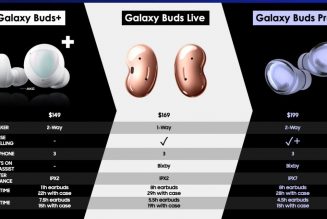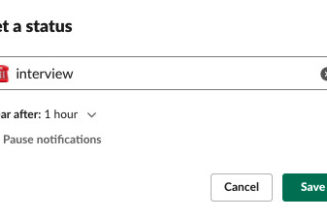As it occasionally does, the company formerly known as Facebook has produced a new revision of its Terms of Service and updated its privacy policy. The old Facebook Data Policy is now Meta’s Privacy Policy, rewritten “to make it easier to understand and to reflect the latest products we offer.”
With this revision, Meta “is not collecting, using or sharing your data in new ways based on this policy update and we still do not sell your information,” according to the company. Instead, this update tweaks the language and adds examples to help people understand what each segment is about.
After reading through the new policy and comparing it to the old one, this appears to hold up, for better or worse. John Davisson, the senior counsel for the Electronic Privacy Information Center, said in a comment to The Verge that the promise that this policy won’t share data in new ways sounds good, but “the problem is that Facebook already funnels user data at industrial scale into a vast targeted advertising ecosystem. So the status quo is not good for privacy.”
Meta has made overtures about making its policies simpler and easier to read more than once over the last few years (in 2014 and 2018, for example), and this layout may do the best job of it so far, but as much as it helps people understand what they’re agreeing to — it may help Meta more. Including examples helps prevent the kinds of misunderstanding and misinterpretation of rules, like the incident with Instagram’s terms of service update in 2012, when people thought the service would suddenly start selling everyone’s photos.
:no_upscale()/cdn.vox-cdn.com/uploads/chorus_asset/file/23593067/facebook_cuirrenttos.jpg)
Making the point that “Even the clearest privacy policy isn’t a substitute for enforceable privacy rights or legal limits on data processing,” Davisson called it simply “unrealistic” to think that Facebook users can grasp what they’re agreeing to in a 9,000-word agreement including dozens of nested menus covering different settings and scenarios.
The new policy applies to Facebook, Instagram, Messenger, and other Meta products, but not WhatsApp, Workplace, Messenger Kids, or Quest devices used without a Facebook account (those have their own privacy policies). Information on policies for non-users who may be concerned their information has been collected in “shadow profiles” is listed here.
Meta is also rolling out new Audience Controls on Facebook that change who might see the posts you make. The tool used to default to whatever audience setting you’d used most recently, whether that was Public, Friends (+ friends of anyone tagged), Only Me, or a custom selection of people you’d show the post to or hide it from. Now, whatever your default selection is in your settings will be there at first for every new post you make, even if you used something else on your previous one.
:no_upscale()/cdn.vox-cdn.com/uploads/chorus_asset/file/23593057/01_Updated_Meta_Privacy_Policy_1.jpg)









